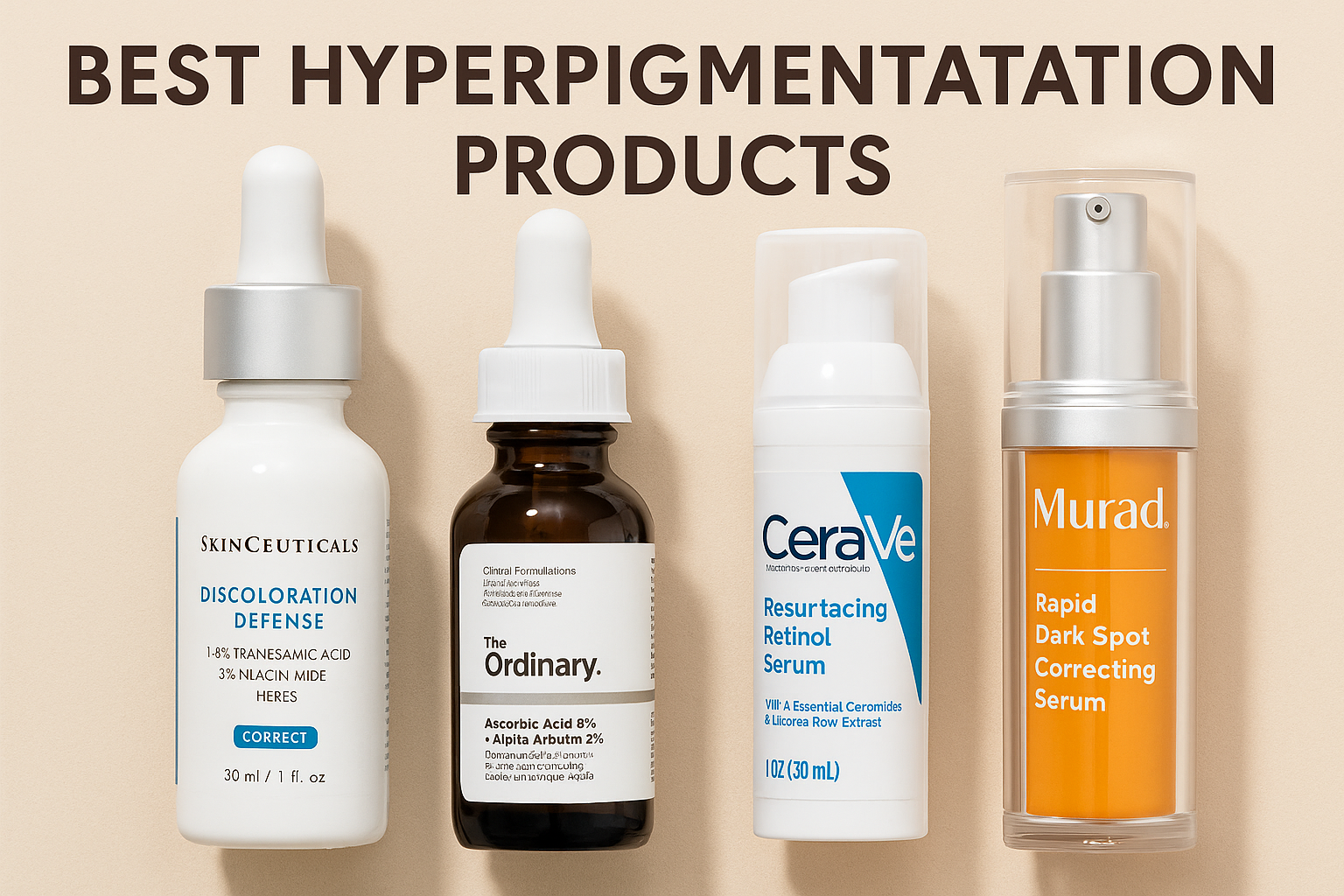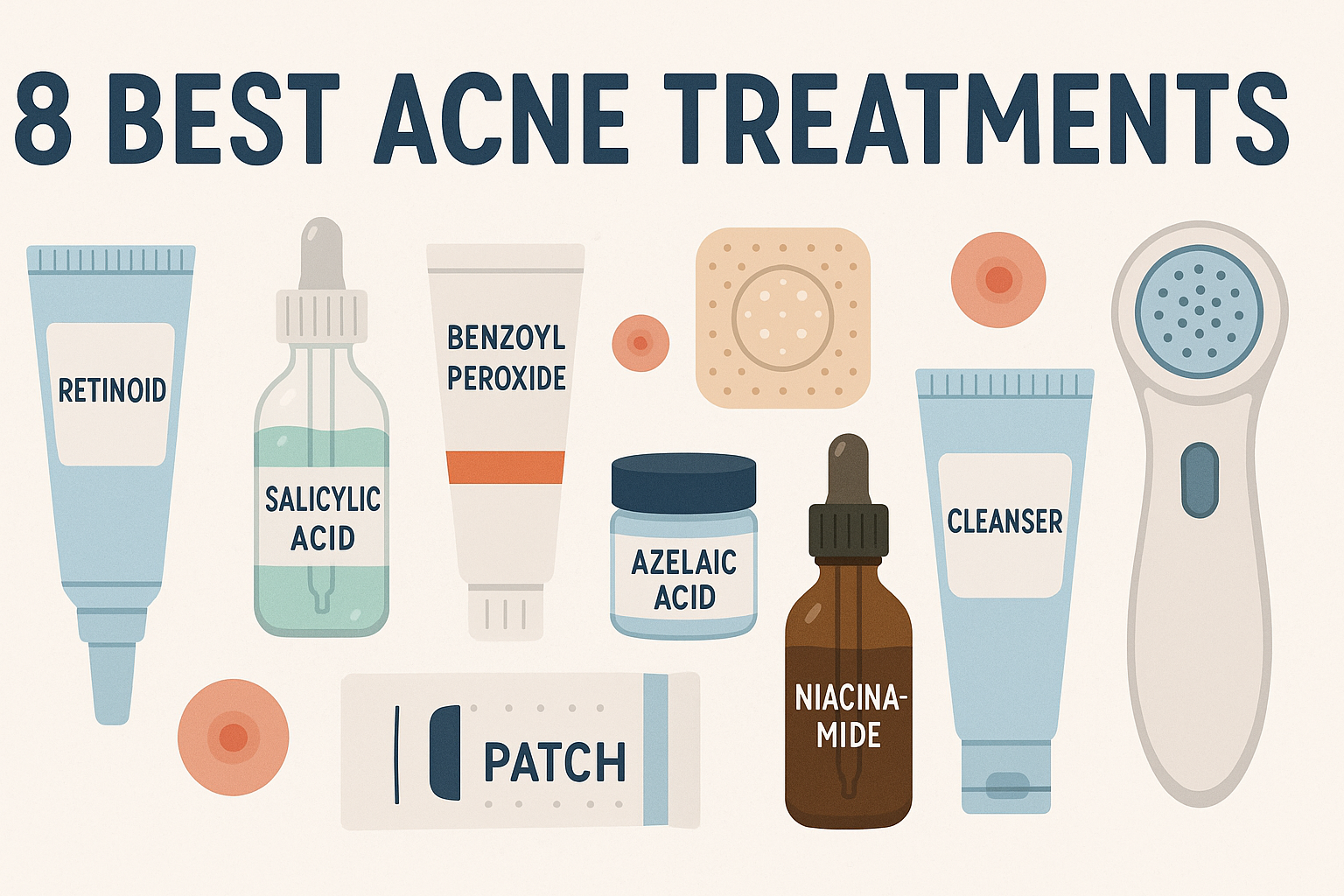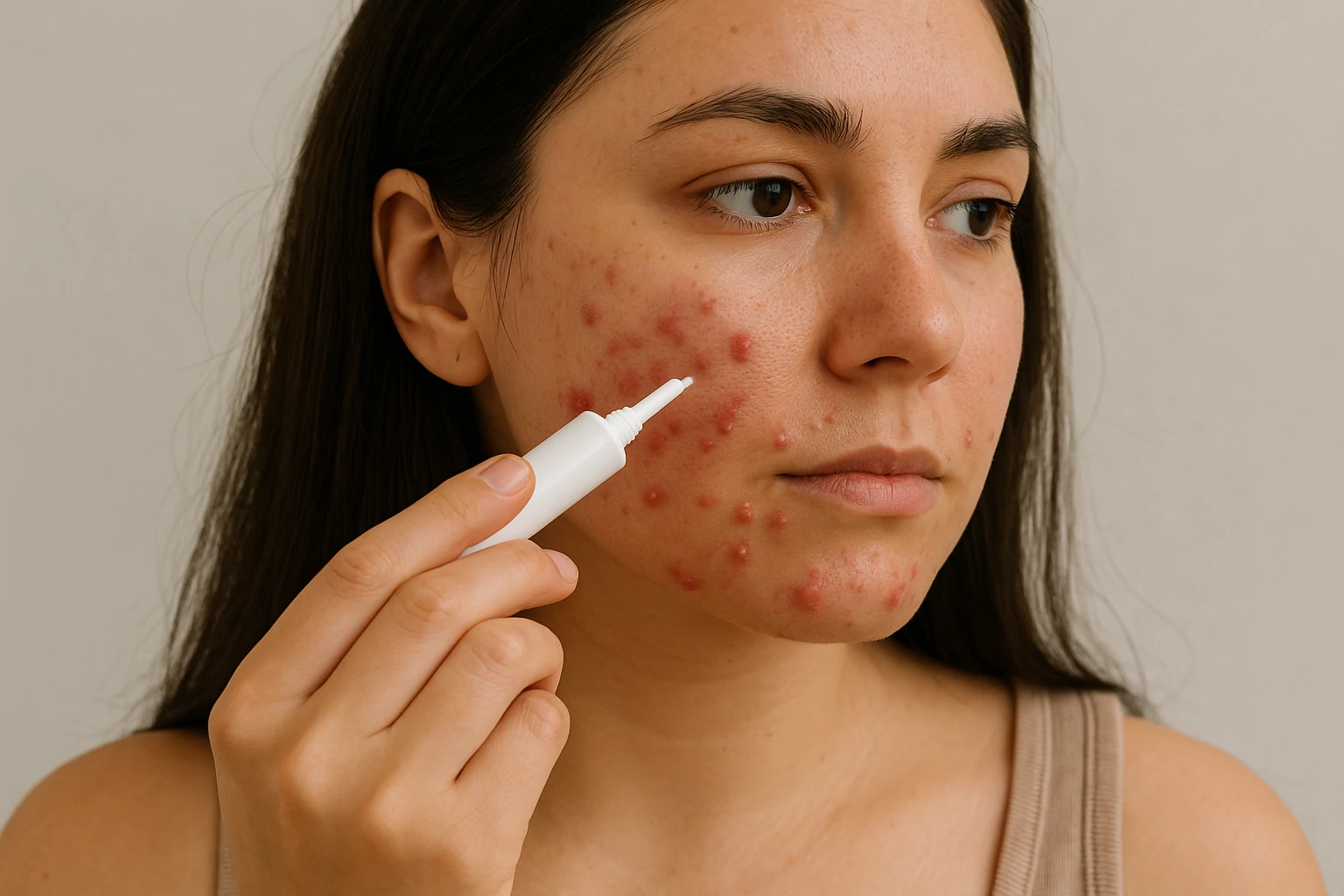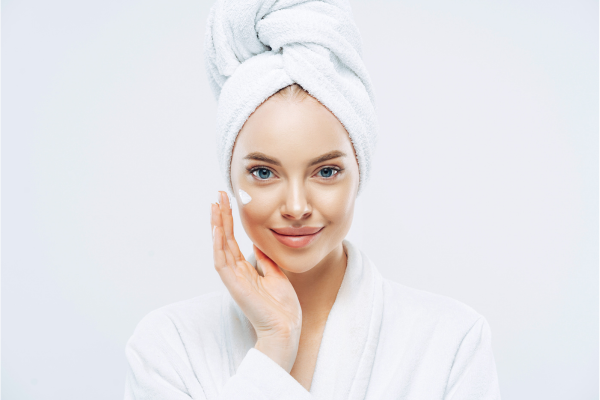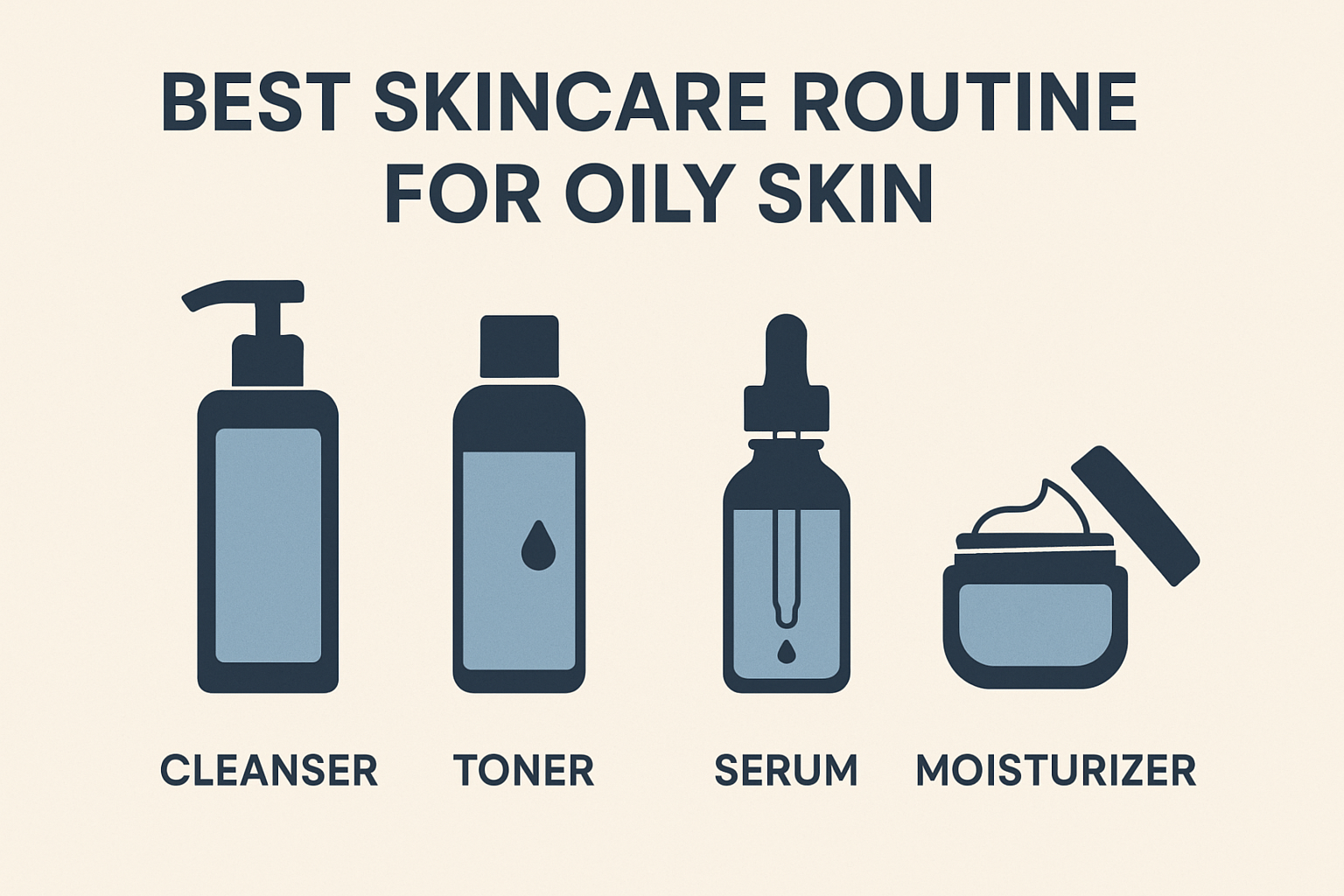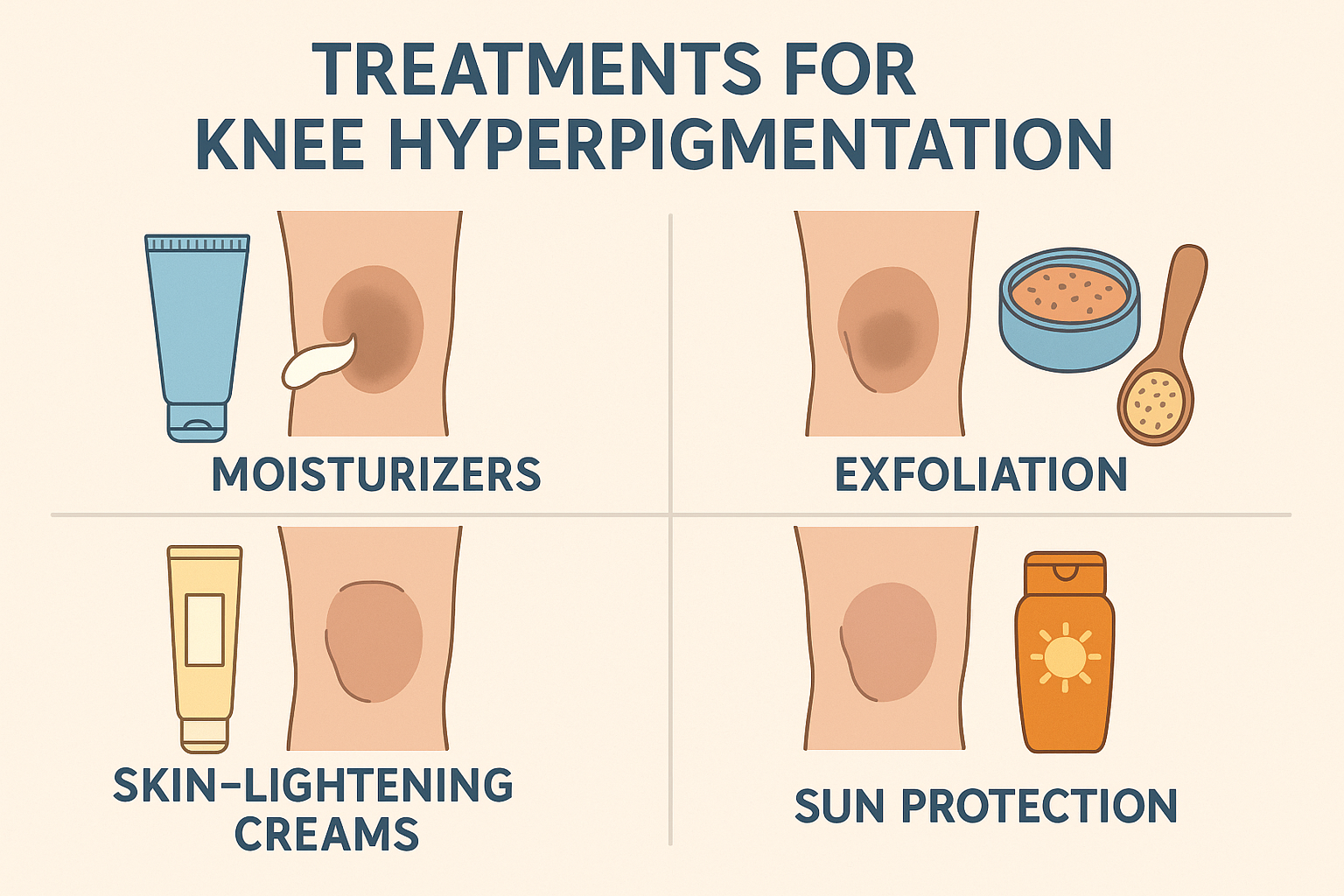Tea Tree Oil for Acne: Does It Really Work? Experts Explain
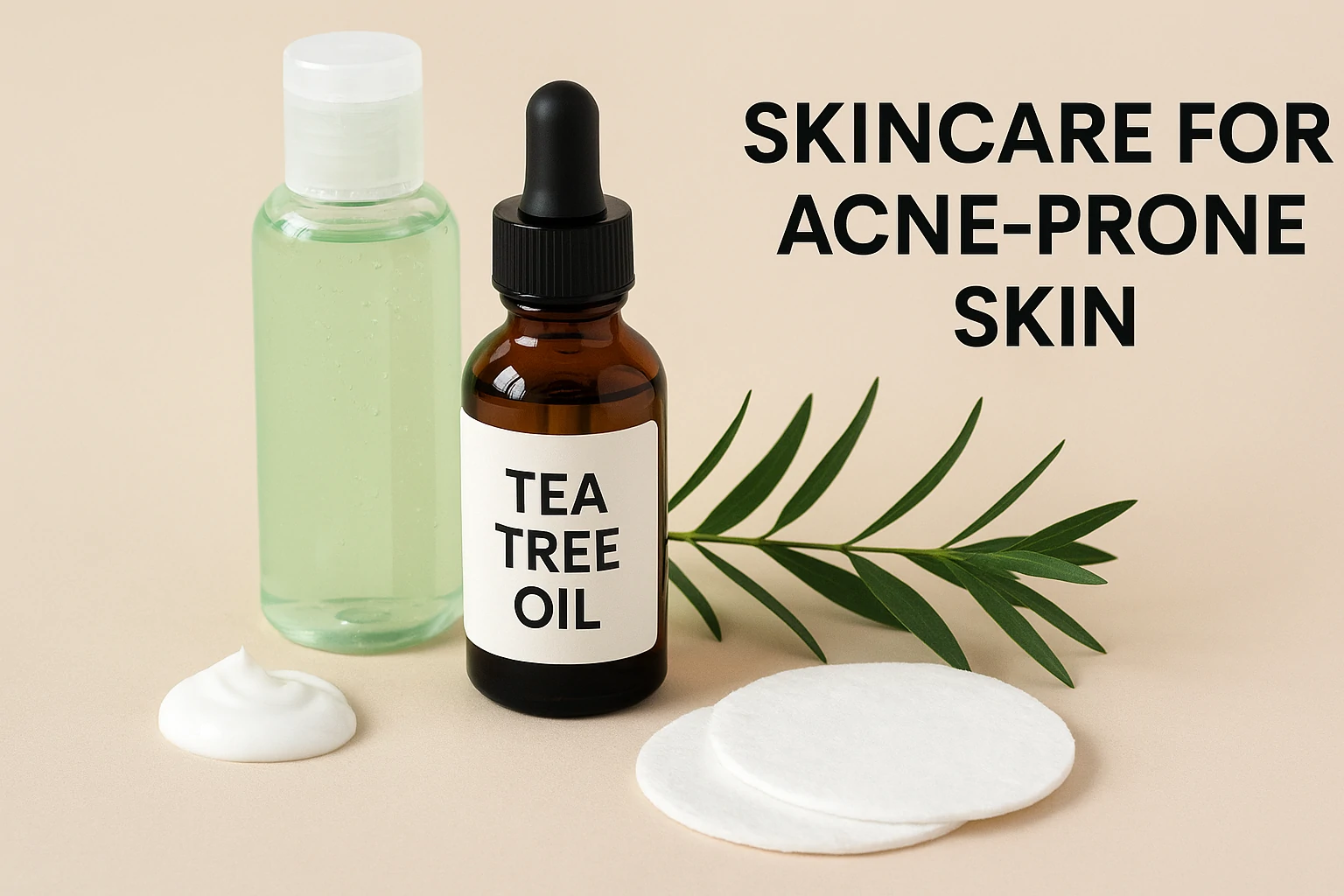
Tea tree oil is gaining popularity as a natural alternative for acne treatment, especially among people seeking gentler skincare options. While ingredients like salicylic acid and benzoyl peroxide are well-known for fighting acne, tea tree oil offers a botanical route that’s both effective and less irritating for sensitive skin.
Unlike many herbal remedies that lack scientific backing, tea tree oil has been studied for its antimicrobial and anti-inflammatory properties—making it a strong candidate for mild to moderate acne. It works by targeting acne-causing bacteria and reducing inflammation without clogging pores.
In this article, we’ll break down the science behind tea tree oil, its skin benefits, how it compares to other acne treatments, and expert-backed ways to use it safely. If you’re looking for a natural solution that actually works, tea tree oil might be worth adding to your routine.
Keep reading to discover why dermatologists are recommending this essential oil for clearer, healthier skin.
What Is Tea Tree Oil?
Tea tree oil is an essential oil extracted from the leaves of the Melaleuca alternifolia plant, native to Australia. For centuries, Indigenous Australians have used it to treat coughs, wounds, and skin infections.
Scientifically, tea tree oil contains over 100 active compounds. The most notable is Terpinen-4-ol, which gives the oil its antibacterial and anti-inflammatory powers. These properties make it effective against acne-causing bacteria and help reduce redness and swelling.
Unlike many natural oils, tea tree oil is non-comedogenic—it won’t clog your pores. Dermatologists often recommend it for oily and acne-prone skin because of its ability to purify without stripping the skin.[1Hammer KA. Treatment of acne with tea tree oil (Melaleuca) products: a review of efficacy, tolerability and potential modes of action. International Journal of Antimicrobial Agents. 2015;45(2):106-110. doi:10.1016/j.ijantimicag.2014.10.011.] It also offers antioxidant protection, which helps maintain a healthy skin barrier.
Thanks to this combination of properties, tea tree oil is now a key ingredient in many acne-fighting cleansers, serums, and spot treatments. If you’re starting your skincare journey and prefer plant-based solutions, this oil offers both tradition and scientific credibility.
Top Benefits of Tea Tree Oil for Acne-Prone Skin
Tea tree oil helps fight acne through three proven mechanisms:
- Kills acne-causing bacteria
It targets Cutibacterium acnes, the main culprit behind breakouts. Terpinen-4-ol disrupts the bacteria’s cell walls, effectively stopping them from multiplying.[2Esmael A, Hassan MG, Amer MM, et al. Antimicrobial activity of certain natural-based plant oils against the antibiotic-resistant acne bacteria. Saudi Journal of Biological Sciences. 2020;27(1):448-455. doi:10.1016/j.sjbs.2019.11.006.] - Calms inflamed skin
Its anti-inflammatory effect soothes redness and swelling, making it ideal for inflamed pimples like pustules and papules.[3Malhi HK, Tu J, Riley TV, Kumarasinghe SP, Hammer KA. Tea tree oil gel for mild to moderate acne; a 12 week uncontrolled, open-label phase II pilot study. Australas J Dermatol. 2017;58(3):205-210. doi:10.1111/ajd.12465.] - Works on different types of acne
Tea tree oil is effective on both non-inflammatory acne (like blackheads and whiteheads) and inflammatory acne.[4Bassett IB, Barnetson RSC, Pannowitz DL. A comparative study of tea‐tree oil versus benzoylperoxide in the treatment of acne. Medical Journal of Australia. 1990;153(8):455-458. doi:10.5694/j.1326-5377.1990.tb126150.x.]
In clinical studies, 5% tea tree oil gel has shown similar results to 5% benzoyl peroxide but with fewer side effects like dryness or irritation. That’s why many dermatologists now recommend it as a gentler option for sensitive skin.
For those just starting with skincare, this natural ingredient offers both safety and effectiveness—without the harshness of traditional acne medications.
Other Skin Benefits of Tea Tree Oil You Should Know
Beyond acne, tea tree oil brings a variety of skin benefits that make it a versatile addition to your routine:
- Natural antifungal and antiviral
It helps treat common skin conditions like athlete’s foot, ringworm, and cold sores due to its ability to kill fungi and viruses. - Scalp care for dandruff
Tea tree oil is often found in shampoos because it reduces flaking and itchiness linked to dandruff and seborrheic dermatitis. - Supports wound healing
Studies show that tea tree oil can fight infection-causing bacteria, including antibiotic-resistant strains like MRSA. It may also stimulate white blood cell activity, speeding up healing for cuts and minor wounds.
Whether used in serums, creams, or shampoos, tea tree oil offers full-body benefits—making it much more than just an acne treatment.
How to Use Tea Tree Oil for Clearer Skin
Tea tree oil is available in many forms: facial cleansers, toners, spot treatments, and gels. Dermatologists recommend using it twice daily for 6 to 12 weeks to see noticeable improvements.
If you prefer pure essential oil, you can:
- Dab it directly onto pimples using a cotton swab.
- Mix a few drops into your moisturizer before applying to your face.
It’s also safe to combine with other acne treatments, especially since antibiotic resistance is on the rise. Tea tree oil offers a non-antibiotic option that helps maintain your skin’s balance while treating breakouts.
Consistency is key—even after your skin clears up, continue using tea tree oil to help prevent future breakouts. Bonus: its antifungal benefits make it a great scalp treatment too, especially for dandruff.
Possible Side Effects of Tea Tree Oil for Acne
While tea tree oil is generally considered safe, it may still cause irritation in some individuals—especially those with sensitive skin or a history of allergies.
Dermatologists caution that side effects like redness, itching, or swelling can occur if your skin reacts to certain components. That’s why a patch test is strongly recommended: apply a small amount to the inside of your wrist and monitor for 24 hours.
If irritation appears, discontinue use immediately.
To reduce risk, experts suggest using diluted tea tree oil or products that have been specially formulated with low concentrations. These are gentler on the skin but still offer the antibacterial and anti-inflammatory benefits tea tree oil is known for.
With the right usage and precautions, tea tree oil can be a powerful yet gentle addition to your skincare routine—especially if you’re just starting to explore natural acne solutions.
Best Skincare Products with Tea Tree Oil for Clearer Skin
Looking to try tea tree oil without the guesswork? These dermatologist-approved products combine efficacy with skin-friendly formulas—ideal for beginners.
1. The Body Shop Tea Tree Anti-Imperfection Daily Solution

This lightweight daily serum is a favorite for oily, acne-prone skin. Only a few drops are needed per use, making it both cost-effective and easy to integrate into your routine.
What sets it apart is the high-quality tea tree oil, ethically sourced from hand-harvested Melaleuca alternifolia leaves. Its purity helps ensure maximum skin benefits without harshness.
Use it as a standalone serum for oily skin, or layer it under your regular serum for combination or normal skin types. It’s designed to target blemishes and help regulate oil production without drying you out.
2. InnisFree My Real Squeeze Tea Tree Sheet Mask

This sheet mask is a go-to for calming stressed, breakout-prone skin—especially around your period or after travel.
Infused with tea tree leaf extract, it helps reduce redness and soothe active breakouts. It also contains green tea, known for its natural anti-inflammatory effects and skin-barrier support.
The texture is lightweight and hydrating, offering a refreshing feel without clogging pores. It’s an excellent weekly treatment to restore glow and balance, especially when your skin feels dull or irritated.
Bonus: it’s super affordable, making it perfect for those who want skincare that works without breaking the bank.
3. Dr. Jart+ Teatreetment Moisturizer

Designed for breakout-prone skin, this multitasking moisturizer contains 81.5% tea tree leaf extract to calm inflammation and support skin recovery.
It also includes salicylic acid for gentle exfoliation and unclogging pores, along with niacinamide, a powerhouse antioxidant that helps fade acne marks and strengthens the skin barrier.
With a fast-absorbing, lightweight texture, this moisturizer works well both day and night. It not only treats active acne but also improves your skin’s overall clarity and texture over time.
4. Skin Regimen 1.0 Tea Tree Booster

This high-performance booster tackles both acne and post-acne pigmentation. It blends tea tree oil with mandelic acid, a gentle AHA known for refining skin texture without irritation—even on sensitive skin.
Mandelic acid also brightens uneven tone, helping prevent dark spots after breakouts. The formula is fragrance-free and paraben-free, making it safe for reactive or allergy-prone skin.
Just a few drops go a long way—use it as a targeted treatment or mix with your serum to enhance your skincare routine. It’s a great choice if you’re dealing with acne and want to prevent long-term marks.
5. Briogeo B. Well Organic + Australian 100% Tea Tree Oil

Looking for pure, undiluted tea tree oil? This product offers 100% organic Australian tea tree oil—free from additives, making it ideal for direct use or blending into your skincare routine.
Dermatologists recommend two main uses:
- Spot treatment: Apply directly to blemishes with a cotton swab to calm inflammation and kill acne-causing bacteria.
- Scalp care: Massage a small amount onto the scalp to relieve dandruff and minor irritation.
Thanks to its antifungal and antibacterial properties, this essential oil can address both facial acne and scalp issues naturally.
Because it’s highly concentrated, patch testing is essential—especially for sensitive skin types. While effective, pure tea tree oil should be used with caution to avoid irritation.
This product is perfect for those looking to customize their skincare with a high-quality, multitasking natural remedy.
6. Cosrx Low pH Good Morning Gel Cleanser

This gentle cleanser helps maintain your skin’s natural pH balance—crucial for keeping your barrier strong and acne at bay. With a skin-friendly low pH, it’s suitable for daily morning use without stripping or irritating your skin.
Infused with tea tree leaf oil, it soothes inflammation while helping reduce acne-causing bacteria. It also contains betaine salicylate, a milder form of salicylic acid, to gently exfoliate and clear pores.
This cleanser is especially recommended by dermatologists for oily or acne-prone skin needing an effective yet non-drying wash. The result? Clean, refreshed skin without tightness or discomfort.
For beginners, this is a great intro to active ingredients—powerful enough to help with breakouts, yet gentle enough for everyday use.
7. Biossance Squalane + Tea Tree Balancing Oil

Struggling with combination skin? This balancing oil combines tea tree oil and squalane to fight acne while keeping your skin moisturized and calm.
Tea tree oil helps control breakouts with its natural antimicrobial effect, while squalane—similar to your skin’s natural oils—hydrates without clogging pores.
Dermatologists suggest using it as the final step in your evening skincare routine or mixing a few drops into your daily moisturizer. Its fast-absorbing, non-greasy texture makes it perfect for maintaining hydration without increasing shine.
This product is ideal for those who want a soothing, plant-based solution that addresses both oil control and hydration—two key concerns for acne-prone skin.
Who Should (and Shouldn’t) Use Tea Tree Oil?
Tea tree oil works best for oily to combination skin, especially for those with mild to moderate acne. Its antibacterial and anti-inflammatory properties help reduce redness, fight breakouts, and keep pores clean.
However, it may not be suitable for everyone. People with very sensitive skin, eczema, or rosacea should proceed with caution. Dermatologists advise doing a patch test first—especially when using pure essential oil.
If you experience burning, itching, or irritation, stop use immediately.
For beginners or those with reactive skin, start with diluted products like toners, serums, or moisturizers containing tea tree oil in lower concentrations. This reduces the risk of irritation while still delivering the skin-clearing benefits.
With the right product and proper usage, tea tree oil can become a safe and effective part of your skincare routine.
Pure Tea Tree Oil vs. Tea Tree Skincare Products
When choosing between pure tea tree oil and skincare products that contain it, it’s important to understand their differences.
Pure tea tree oil is a concentrated essential oil with no added ingredients. It’s typically used for spot treatments or diluted into moisturizers. While potent, its high concentration can irritate the skin—especially if used undiluted or too frequently.
In contrast, formulated skincare products like cleansers, toners, and serums include tea tree oil in safe, controlled amounts. According to dermatologists, these products are better suited for daily use and for those with sensitive skin.
If you’re new to tea tree oil, start with a low-concentration product to allow your skin to adapt. This way, you can enjoy its acne-fighting and anti-inflammatory benefits safely and gradually.
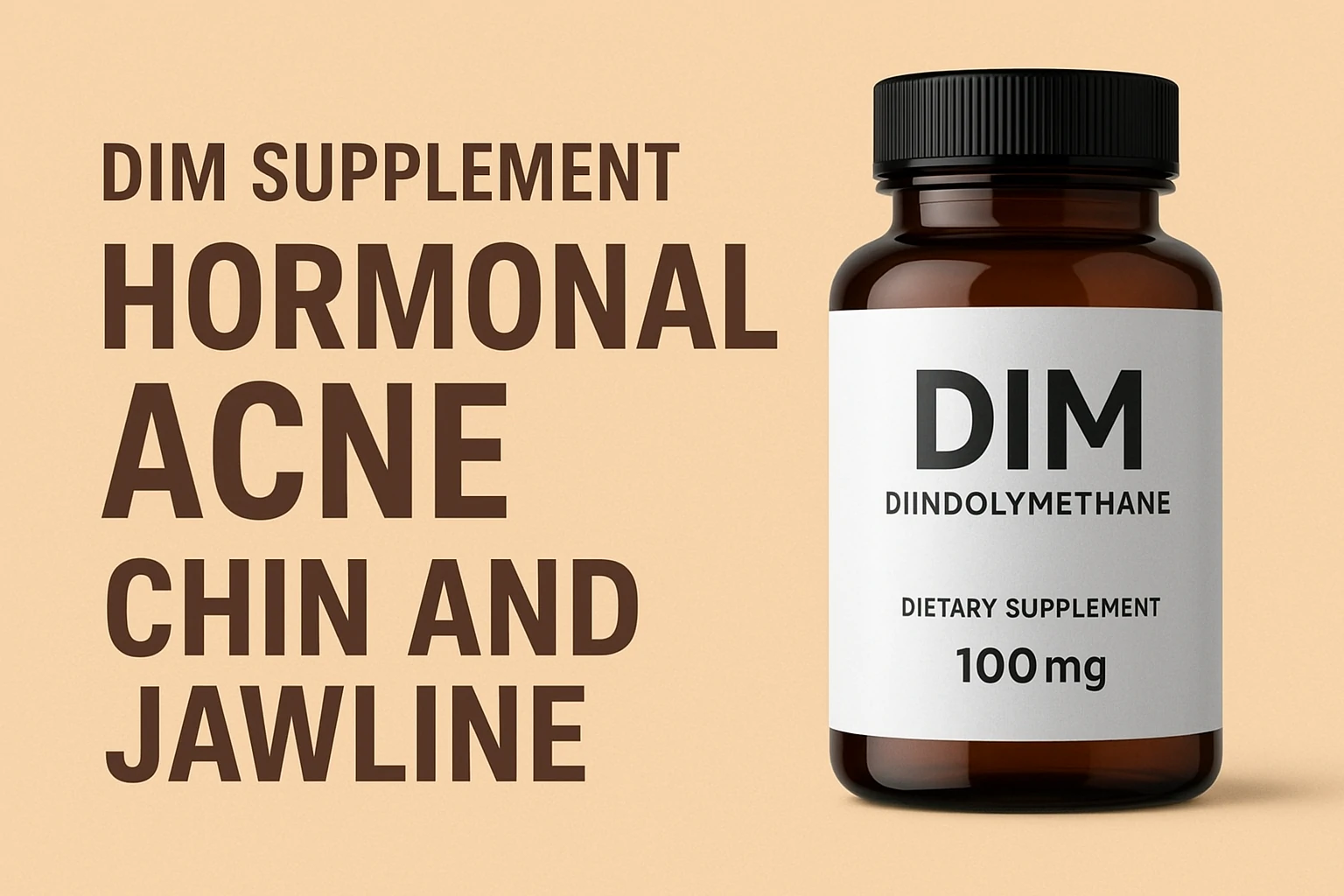
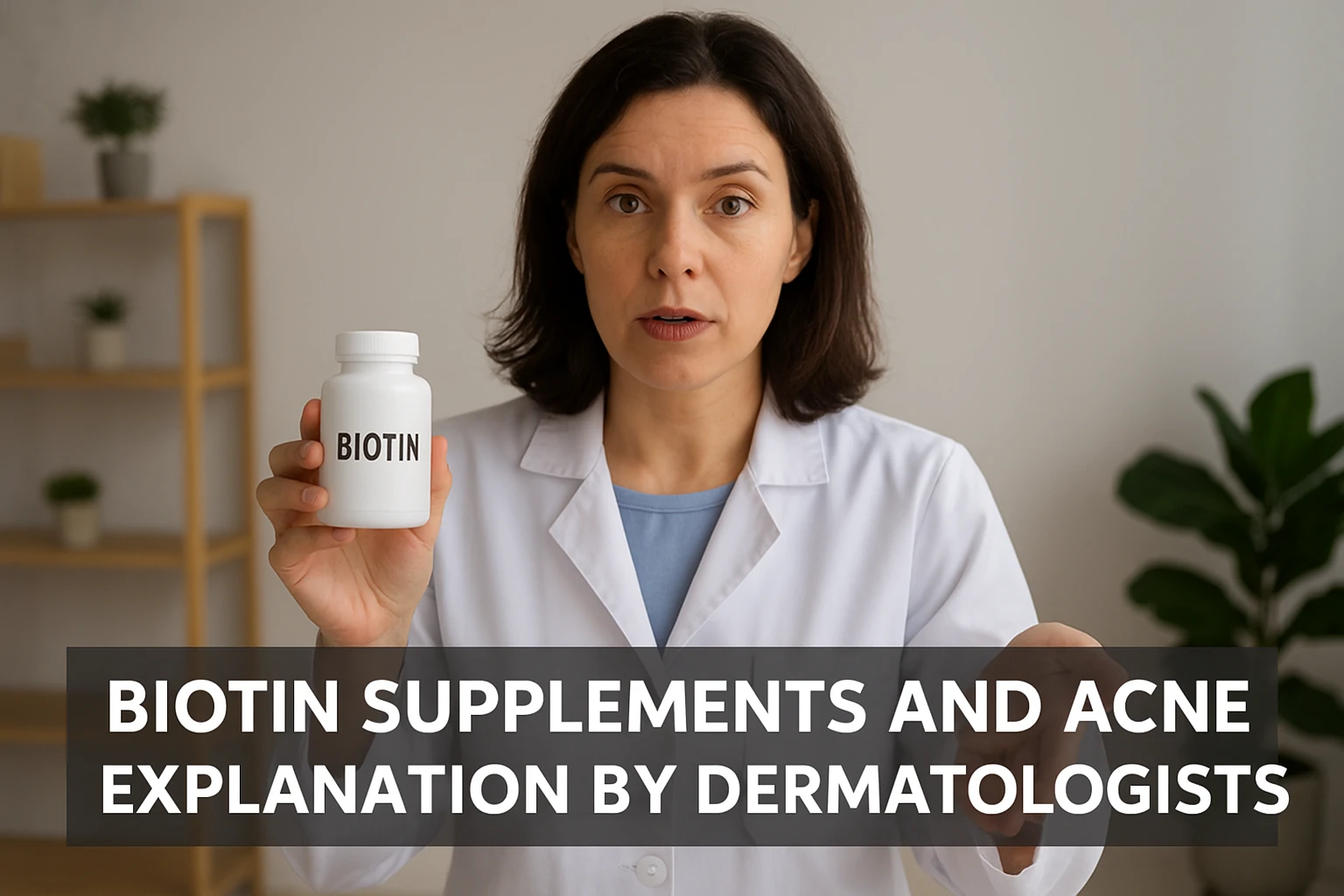
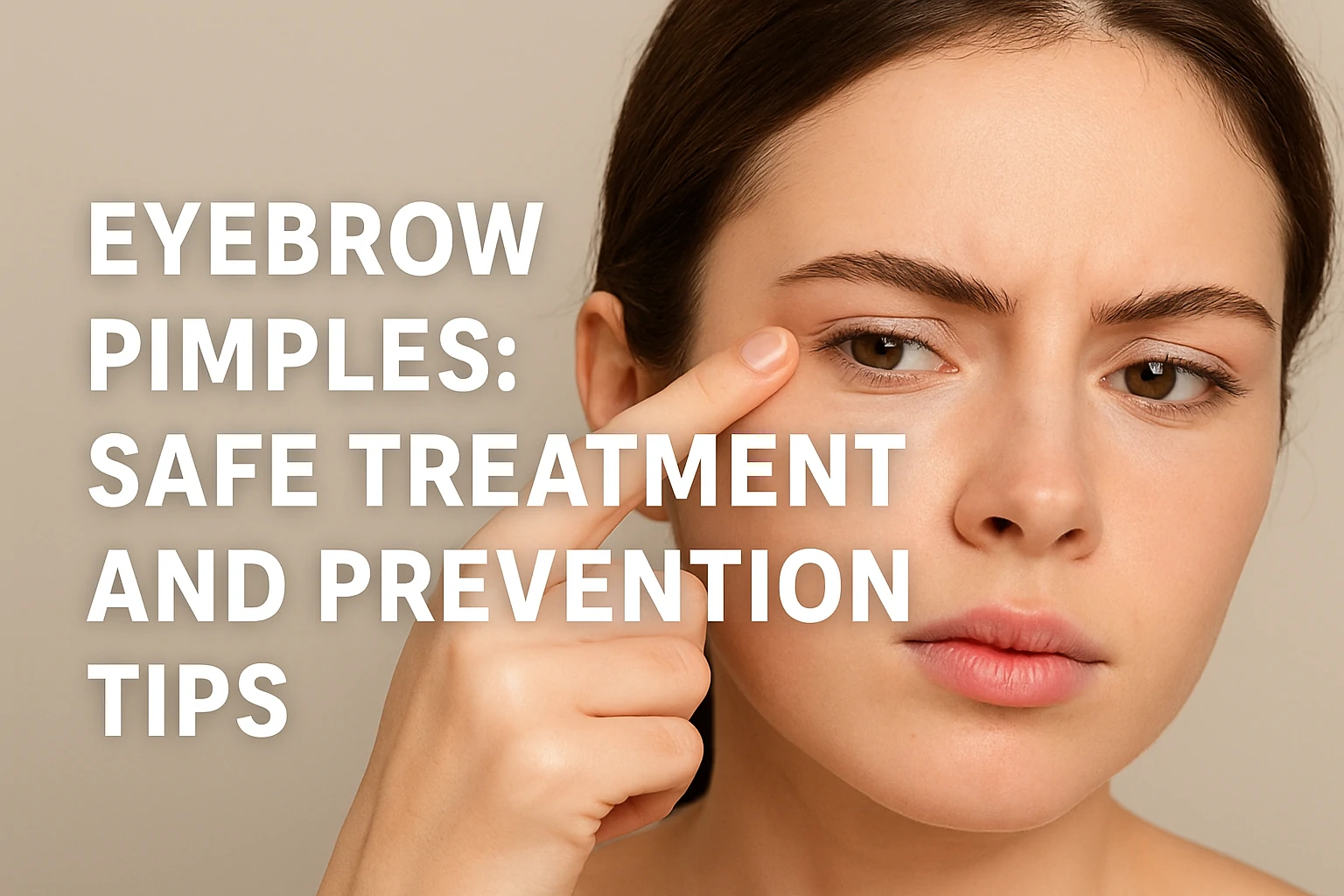
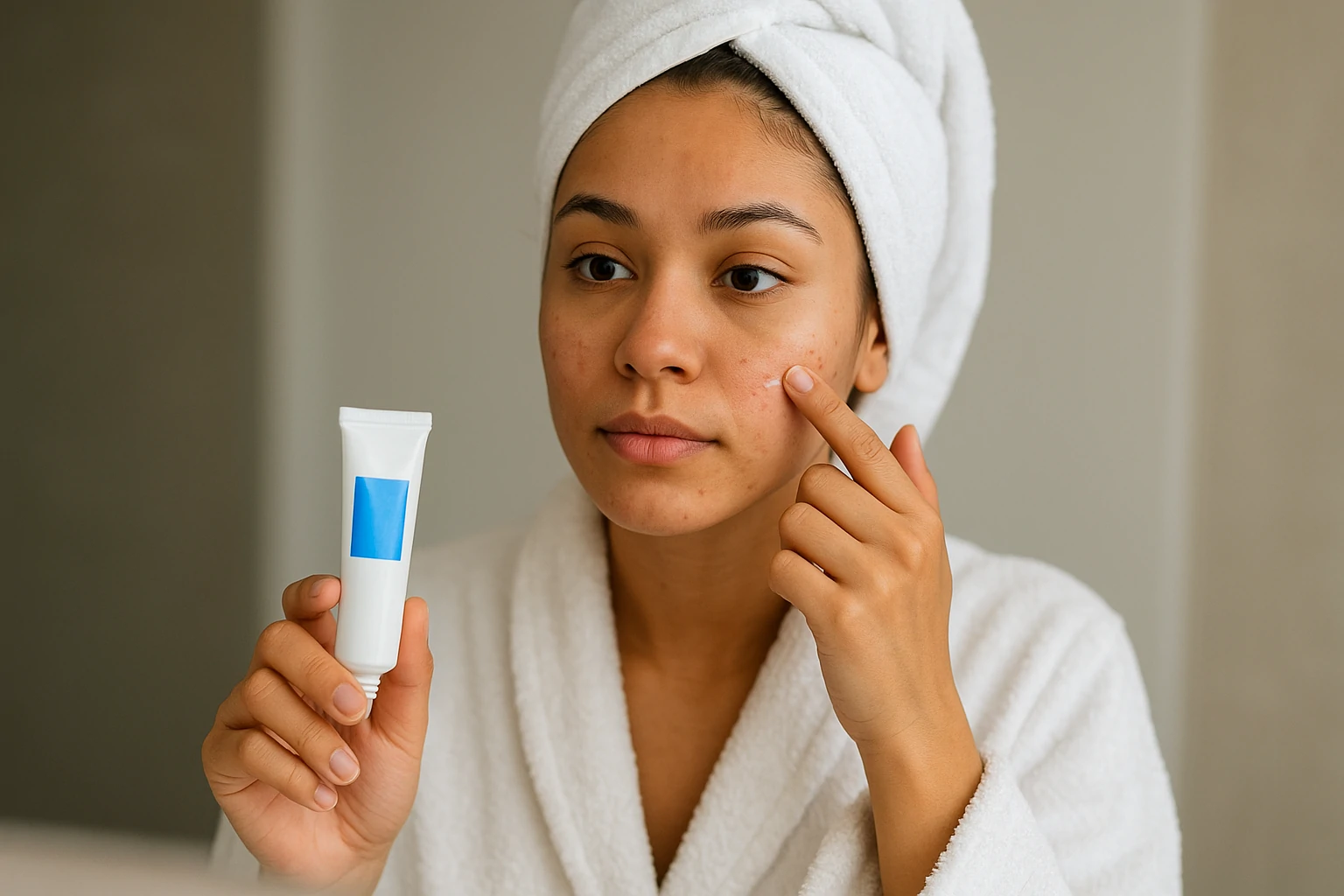
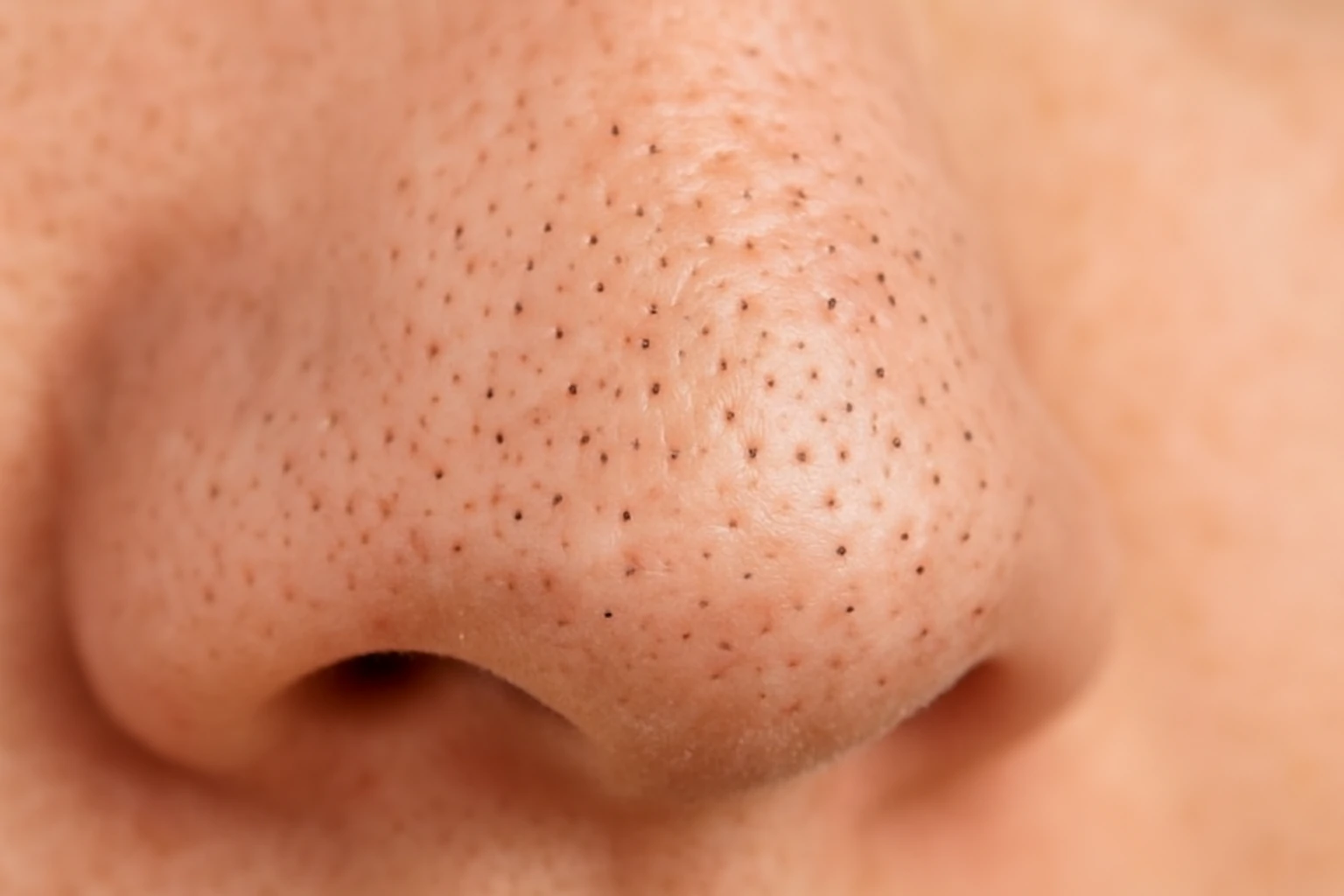
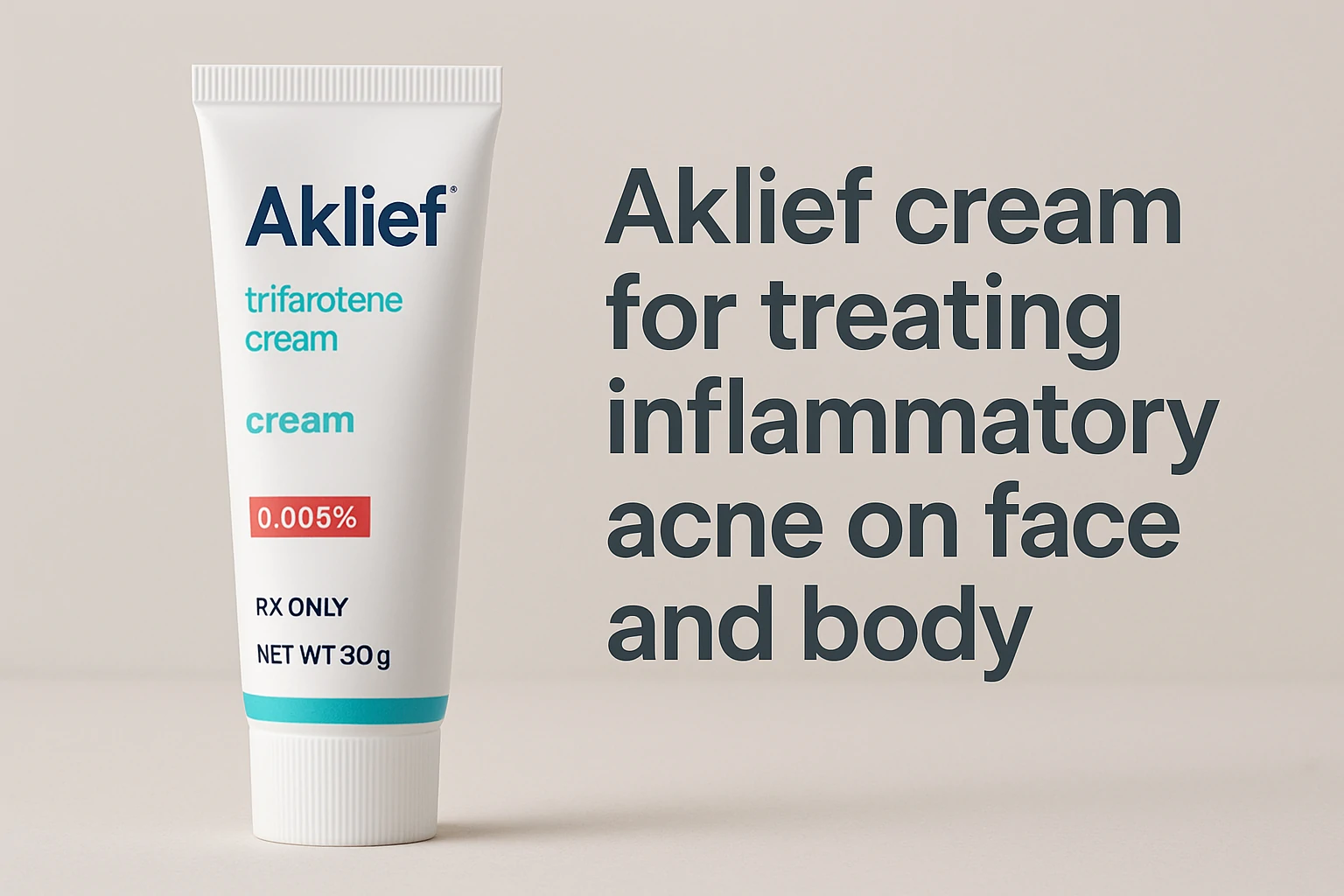
 Acne
Acne Anti-Aging
Anti-Aging Business
Business Digital Marketing
Digital Marketing Economics
Economics Exfoliation
Exfoliation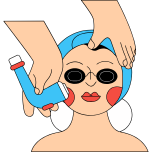 Hair Removal
Hair Removal Movies
Movies Personal Finance
Personal Finance Websites
Websites
